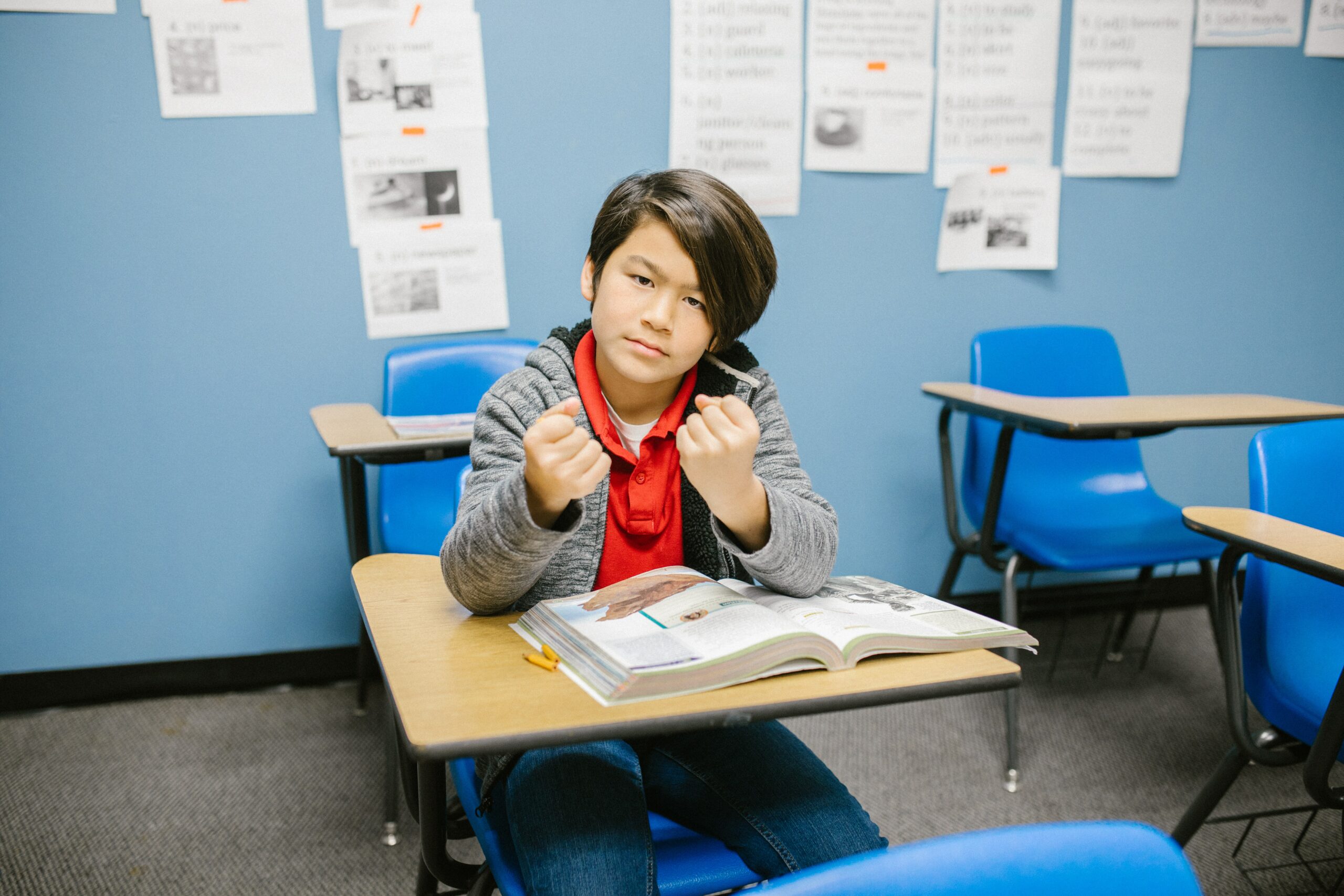The Human Brain is Wired for Comparison
We humans are wired to compare ourselves to others. Evolutionarily speaking, this tendency is adaptive. Eons ago, those who could size up tribal expectations and then adapt their performance to fit into the tribe’s norms were more likely to be accepted, and, by extension, taken care of. And–with the members of the tribe as their protectors, they were more likely to live long enough to pass their comparison-capable genes to the next generation.
Fast forward thousands of years, and our current day brains are now comparison superstars.
When it comes to raising kids–especially teens, however, this evolutionary gift can sometimes become a burden.
It’s easy to worry your child isn’t living up to their full potential

Most parents want nothing but the best for their children: positive relationships, happiness, and access to opportunities that will help their kids develop a sense of purpose and contribute to the world in meaningful ways. AND parents are keenly aware that teens’ choices in the present moment have the power to open (or close) doors down the road. Navigating this tension is a tall order, and it’s one place I see parents get tripped up–thanks in large part to our comparison-centric tendencies.
When parents Click, Compare, and Despair.

Parents are at risk of comparing their own children’s growth and participation to that of their peers. Let’s say you’re the parent of a child who plays recreational soccer for his town team. You’re scrolling through your social media feed and see another parents’ humble brag in which you discover that their child was just selected to an elite travel soccer team. “I’m beyond excited for the adventures our family is about to have watching Johnny play for his new travel club team, the Warriors!”, writes your sort-of-friend, sort-of-acquaintance. You give the post a Like because it’s customary to show support for this type of news.
But the news also triggers in you a feeling of unease. “Should my kid be going out for an elite team? Does he even have what it takes to play for such a team? Should I be pushing him harder on this soccer thing?” Five minutes ago, your child’s rec league soccer participation was a non-issue, perhaps even a source of contentment or even joy. Now, having seen that someone in your child’s social circle is achieving at a higher level, you start to worry in some small (or not-so-small) way that perhaps your child is going to get left in a soccer dust cloud. And another part of you worries that your inaction as a parent could be to blame.
And this phenomenon is not limited to just athletic participation. Academic achievements, community service, artistic endeavors, enrichment experiences–you name it. Parents are at risk of comparing their own children’s growth and participation to that of their peers.
The comparison trap can be a relationship killer
When parents get stuck in a comparison trap, they stand to push their child in subtle or not-so-subtle ways, sending their kid the message that they are not okay as they are. This can lead to breakdowns in the parent-child relationship, which may already be somewhat tenuous thanks to the adolescent’s primary developmental goal: to separate from their parents.
So what’s a parent to do?
- Notice when you’re falling into the social comparison trap. We can’t change something about which we don’t have insight.
- Be prepared to do nothing–or at least not to react in a knee-jerk fashion. Keith Payne, in his 2017 book The Broken Ladder: How Inequality Affects the Way We Think, Live, and Die, notes that when we measure ourselves against others and come up on the lower status end of the comparison, it can trigger a stress response that’s physiologically similar to that caused by anxiety. And we will go to great lengths to get rid of those stressful feelings. Thus, you may be at risk for interacting with your child in a way that asks them to change so as to mitigate YOUR stress. Avoid putting that responsibility on your child. Find a healthy way to manage your own parental unease.
- Confide your worries in your parenting teammates. Let your partner, spouse, best friend, cousin, therapist, parenting coach, or someone else firmly rooted in your corner talk you off a ledge if necessary.
- Get curious. It’s possible that your child really IS ready for a push in a certain direction. But if you come at your kid with a set of demands and “shoulds” (Maybe YOU should try out for the Warriors next season…”), your kid is likely to dig their heels in. Teens like to feel like their choices are on their terms. Instead, ask genuine, open-ended questions with a tone of curiosity and wonder to help your teen become more aware of their options. “How satisfied are you with your current team?” “How well are you able to balance school and your other commitments at the moment?” “If you crave more competition or a bigger commitment, what are some steps you could take to get what you’re looking for?”
Stay mindful of the comparison trap to keep relationships strong
We aren’t ever going to get rid of our brains’ keen ability to compare. But perhaps, with some concerted effort, we can mitigate the tendency to compare and then despair, and we can preserve our relationships with our teens in the process.
This content was originally published in July 2023 as an article for Annapolis Moms Media.








 One way to increase teen motivation
One way to increase teen motivation
Leave a Reply